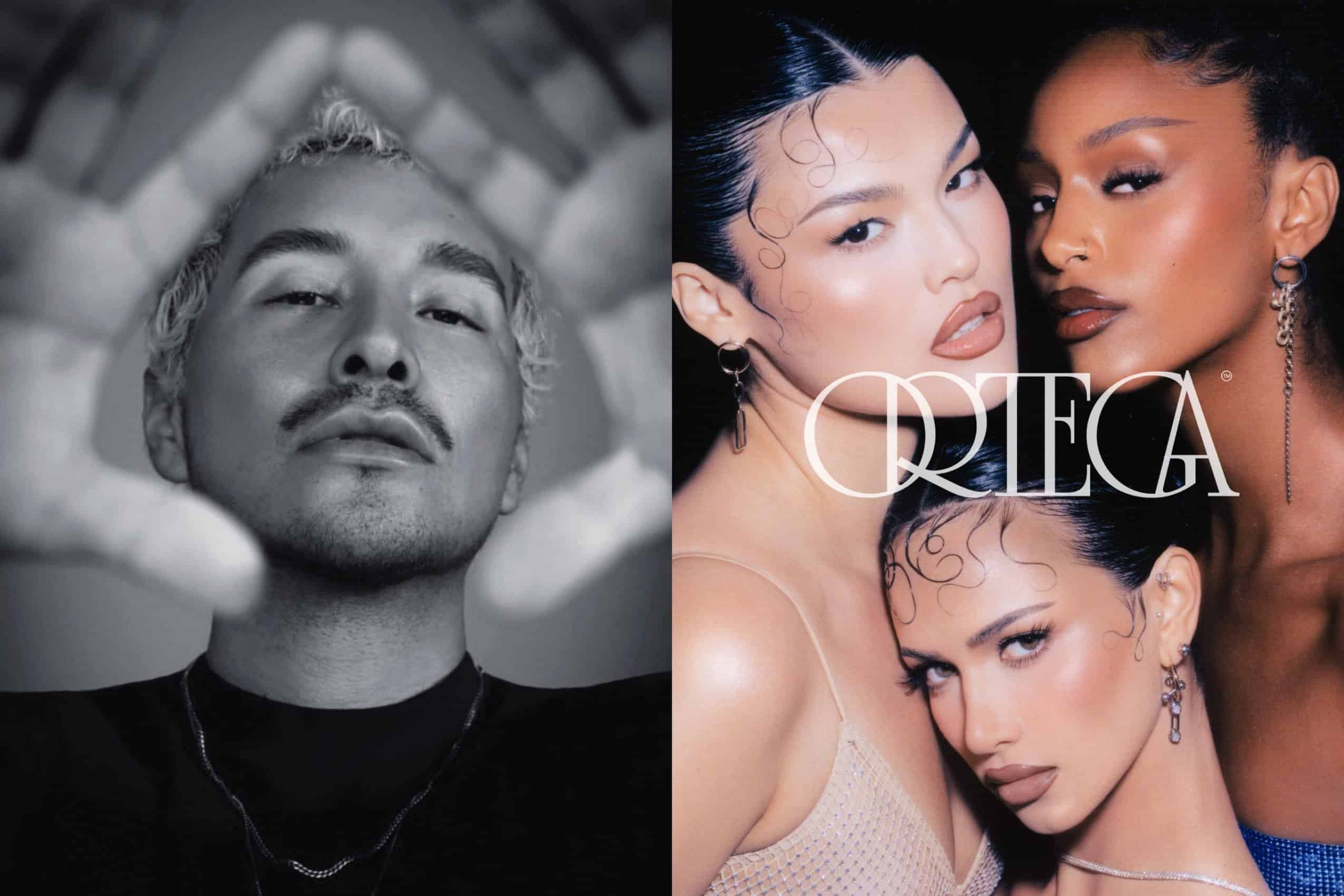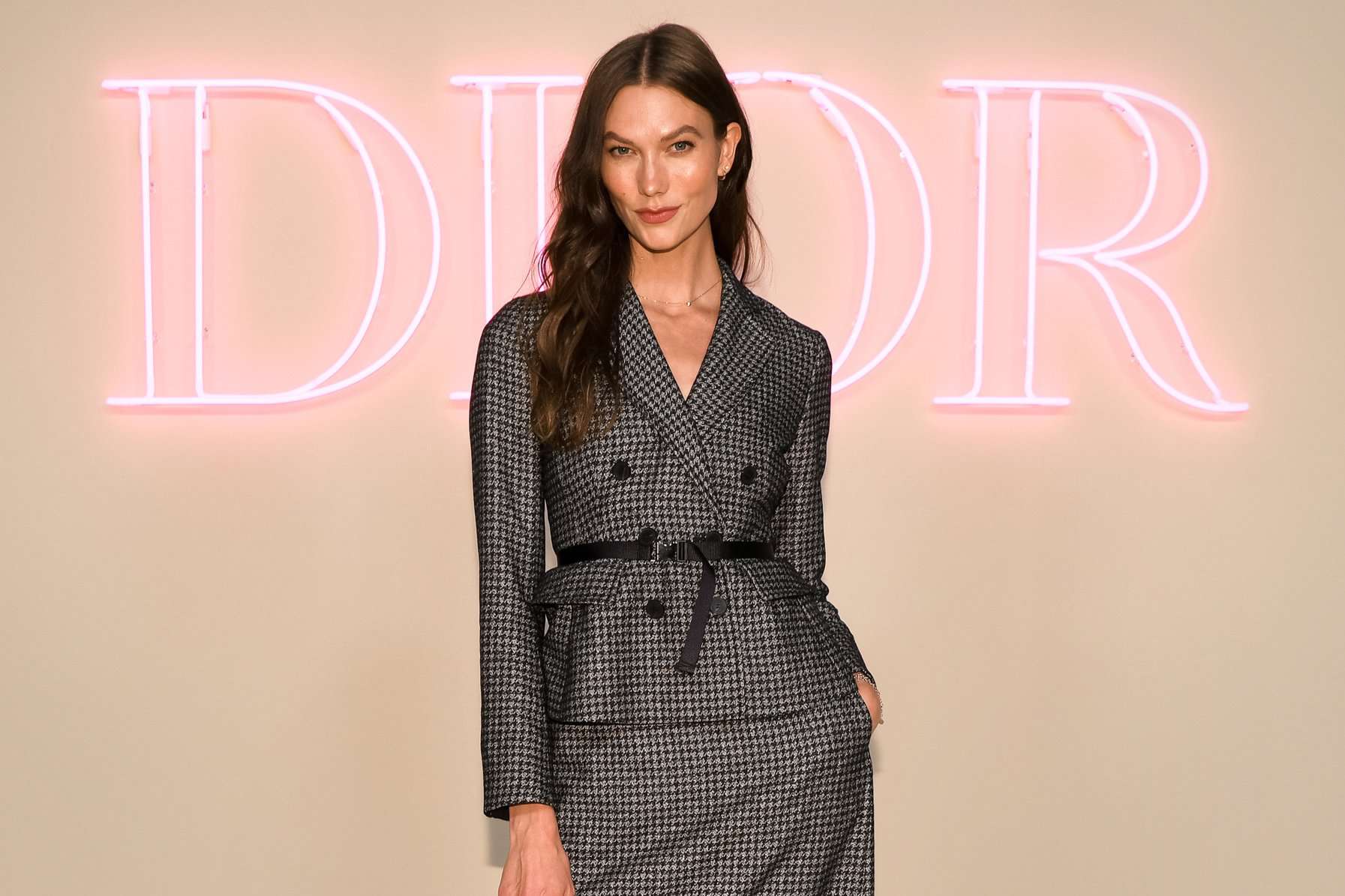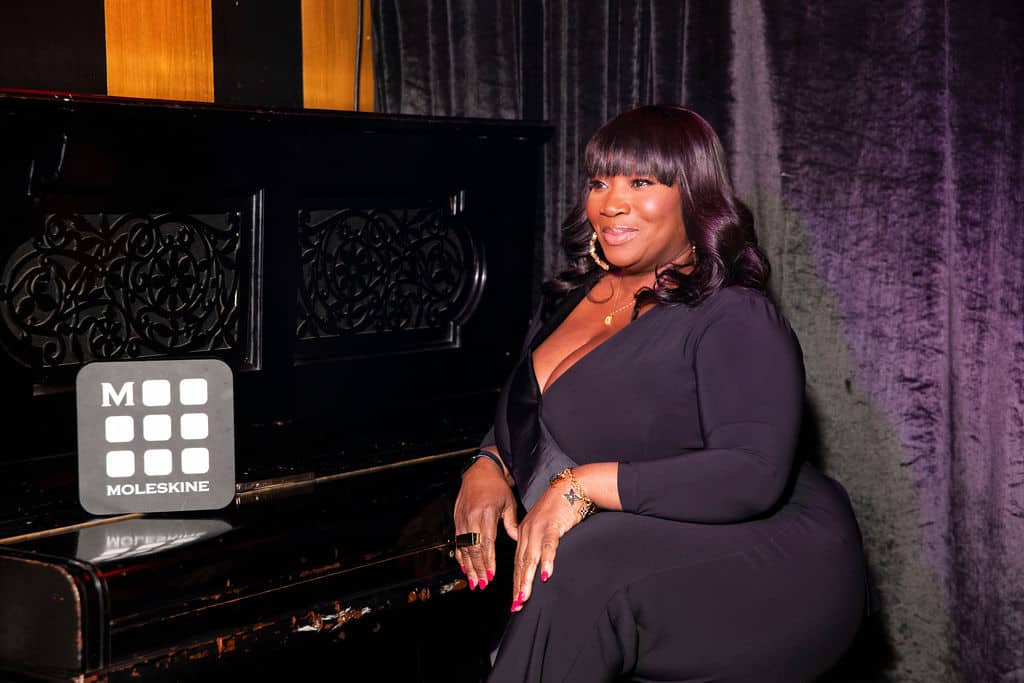Social media has profoundly impacted how we live. From keeping in touch with friends and family to sharing our thoughts and experiences, social media has become integral to how we communicate. It is especially true for professional athletes, who use social media to connect with fans, promote their brands, and give insights into their lives as athletes. But while social media can be a great way to engage with fans and build connections, it can also hurt athletes’ performance if they’re not careful. This blog post will explore how social media chatter can affect professional athletes’ performance. We’ll also discuss some tips for using social media effectively without letting it interfere with your training or competition.
One of the most consequential ways social media can affect athletes is by causing anxiety. For many athletes, social media is a constant source of pressure. They’re constantly bombarded with messages from fans and critics, and it can be tough to filter out the noise. It can lead to athletes feeling like they have to perform at a certain level all the time, which can be incredibly stressful. In some cases, this pressure can even lead to athletes skipping training or avoiding competition altogether. Simone Biles, a famous Olympic gymnast, has spoken openly about how social media caused her anxiety and even made her contemplate quitting the sport. Social media can be very dangerous for athletes struggling with anxiety, and sports social media chatter can be a trigger. If you’re an athlete struggling with anxiety, you must reach out for help. Talk to a therapist, coach, or trusted friend or family member about what you’re going through. And if you’re feeling overwhelmed, step away from social media for a while. Taking a break from the constant pressure and comparison can be very helpful in managing anxiety.
Another way social media can affect athletes is by distracting them from their training. It’s easy to get caught up in the endless scroll of social media, and athletes can often find themselves wasting hours scrolling through their feeds. It can be damaging to their training, taking time away from focused practice and preparation. It can also lead to athletes feeling fatigued, which can affect their performance. Social media can also be a distraction during competition, as athletes may find themselves checking their phones or scrolling through their feeds instead of staying focused on the task at hand. The constant urge for approval that comes with social media can be challenging to resist, but athletes need to stay focused on their training and competition. The last thing you want is a social media notification to break your concentration when you’re in the zone.
Social media can also lead to athletes comparing themselves to others, affecting their performance. When constantly exposed to the highlight reels of other athletes’ lives, it’s easy to forget that everyone has ups and downs. It can lead you to doubt your abilities and question why you’re not reaching the same level of success as others. It can be a very dangerous mindset, leading to athletes giving up on their dreams. If you compare your life to others athletes, it’s important to remember that everyone’s journey is different. Focus on your progress and celebrate your accomplishments instead of fixating on what someone else is doing. The critics will always find something to criticize, but that should never keep you from chasing your dreams.
Sadly, social media can also be used as a tool for cyberbullying. Athletes can be targeted by trolls and haters who want to see them fail. It can be incredibly hurtful and damaging and affect an athlete’s performance. Cyberbullying can lead to athletes feeling isolated and alone, making them question their worth as an athlete. If you’re being cyberbullied, you must reach out for help. Talk to somebody you trust about what’s happening and block any accounts that make you feel bad. Remember, you’re not alone.
Social media can also affect athletes by causing them to lose sleep. Many athletes stay up late scrolling through their feeds, leading to fatigue and decreased performance. In some cases, athletes may even develop insomnia from spending too much time on social media. It can be extremely detrimental to their health and well-being. Social media chatter can also keep athletes up at night, as they may worry about what other people say about their performance. These worries can lead to sleepless nights and further fatigue. Remember, rest is essential for athletes. If you’re finding it challenging to rest, try disconnecting from social media and spending some time offline. Cut out the negative noise and give yourself time to relax and recharge.
Social media can also cause athletes to develop depression. The constant pressure to perform can be overwhelming, and the negative criticism can be very discouraging. For many athletes, social media constantly reminds them of their failures, leading to feelings of depression and worthlessness. It’s essential for athletes to be aware of the impact social media can have on their mental health and to take steps to avoid letting it get out of control.
Serena Williams is a famous example of an athlete who has had to deal with the adverse effects of social media. She’s been a target of online bullying and threats. In 2016, Williams spoke about social media’s impact on her life and urged other athletes to be aware of its dangers. It’s crucial to remember that social media is a tool, and you should use it in a way that doesn’t interfere with your training or mental health. If you feel depressed due to the chatter on social media, it’s essential to take a break and focus on your happiness.
Social media chatter can have a significant impact on the performance of professional athletes. Whether it’s fans or critics, the constant noise can distract and lead to poor performance. Professional sports teams are starting to understand this and are taking measures to help their players focus on the game. Do you think social media chatter has an impact on your work? If so, what do you do to drown out the noise? Let us know in the comments below.
You can view the original article HERE.

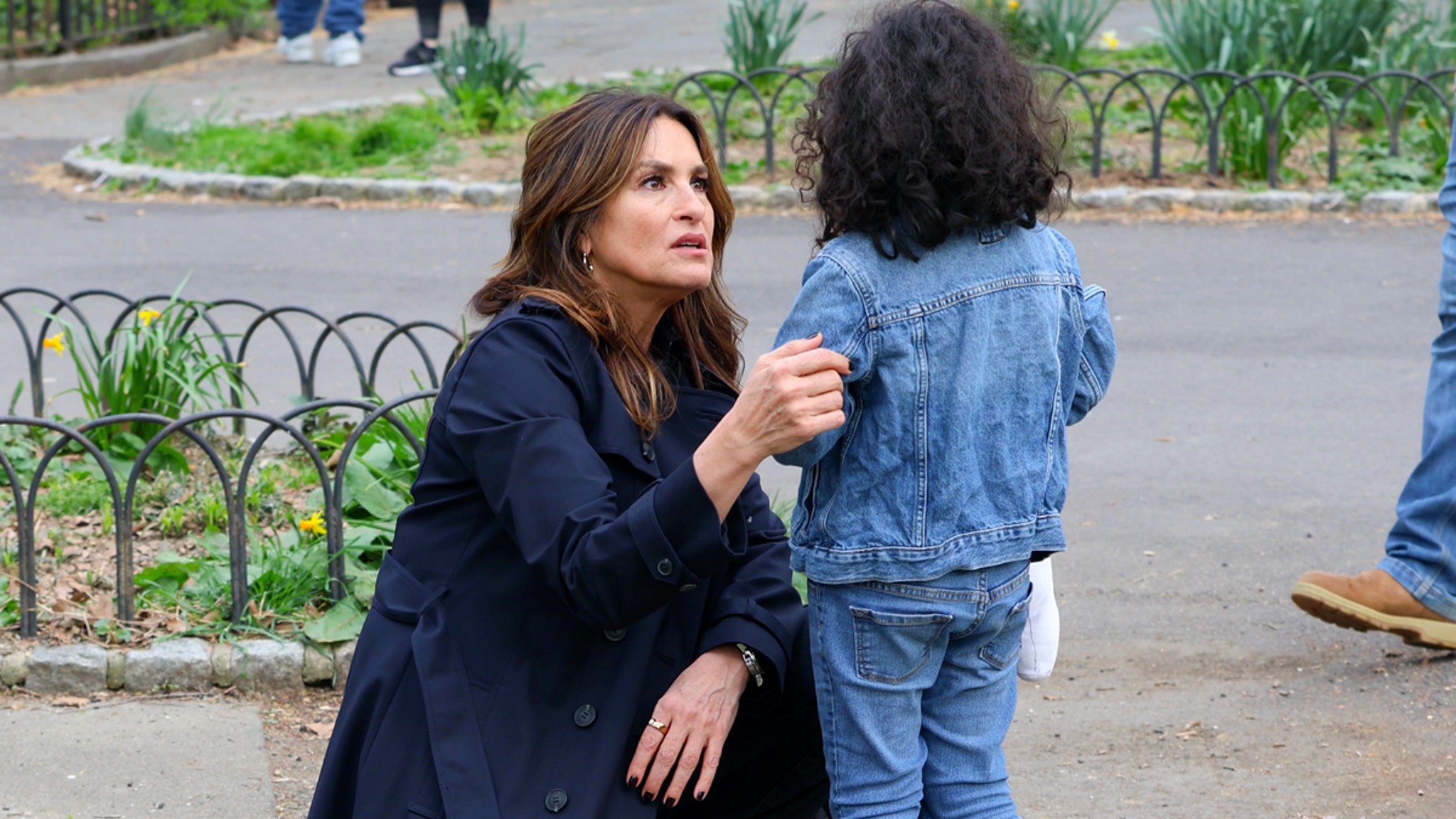
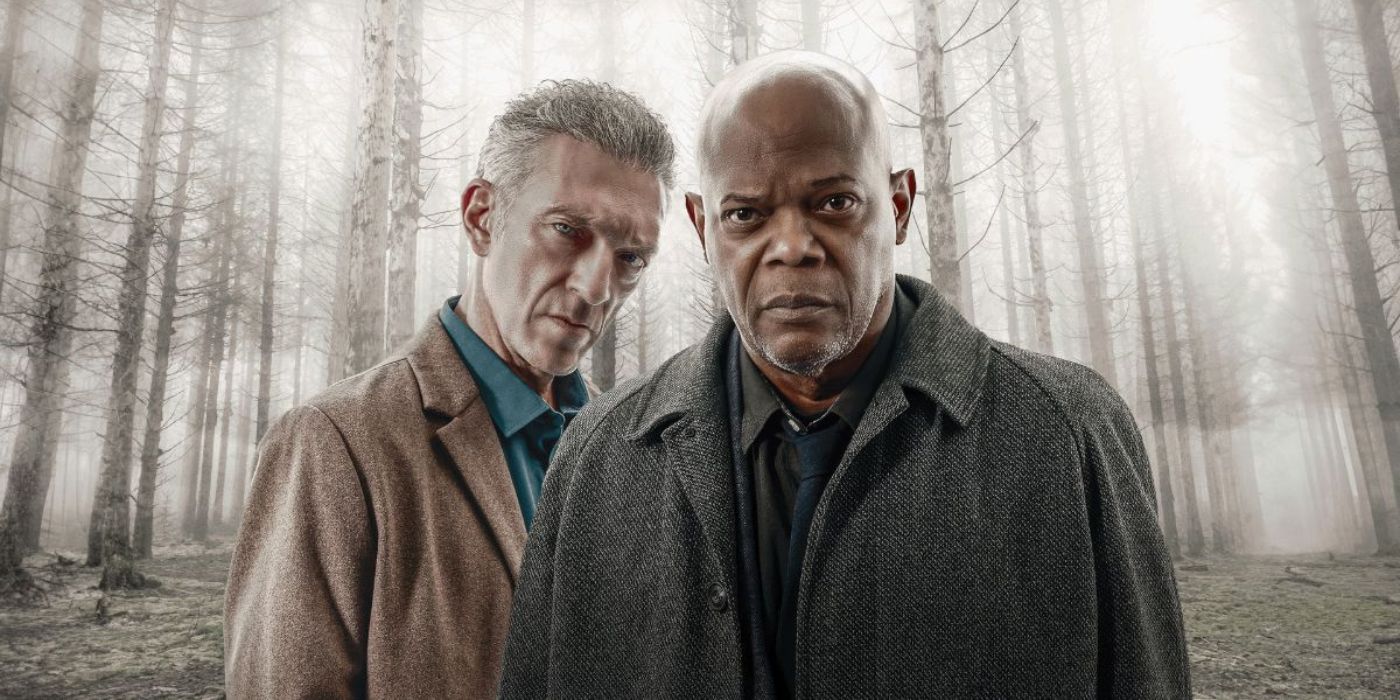
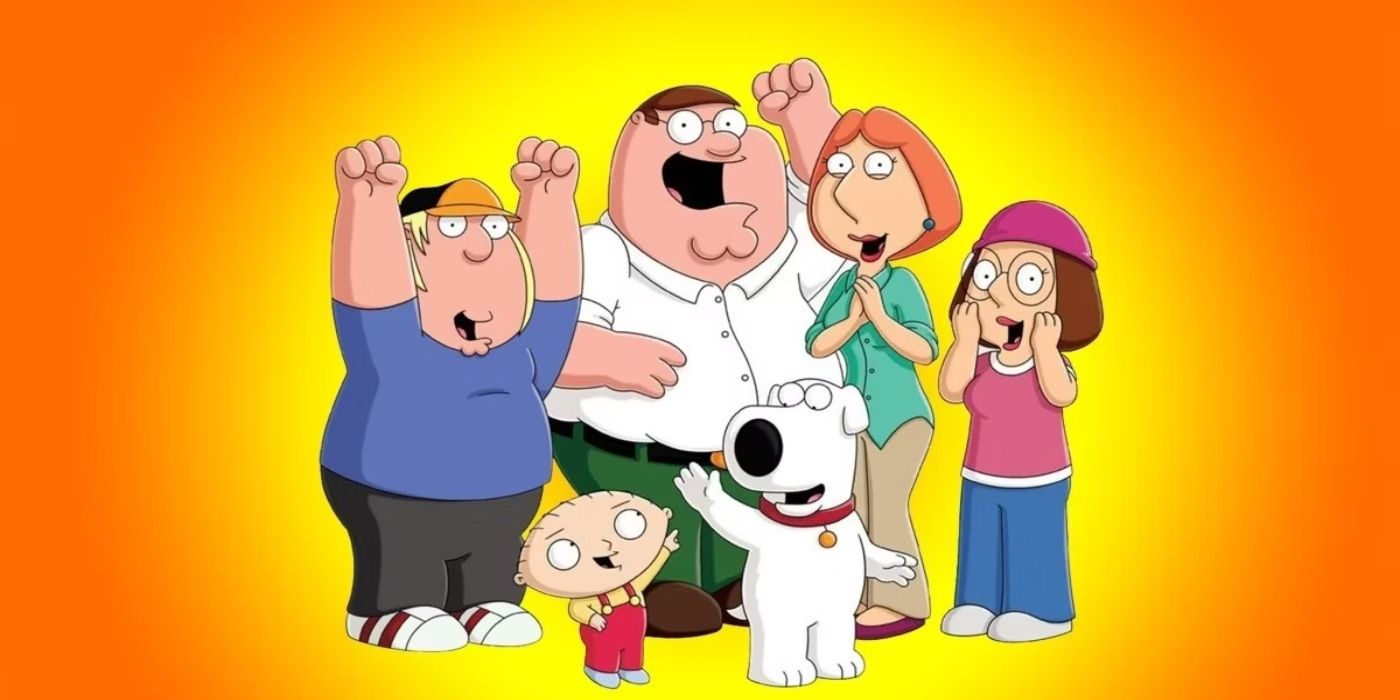


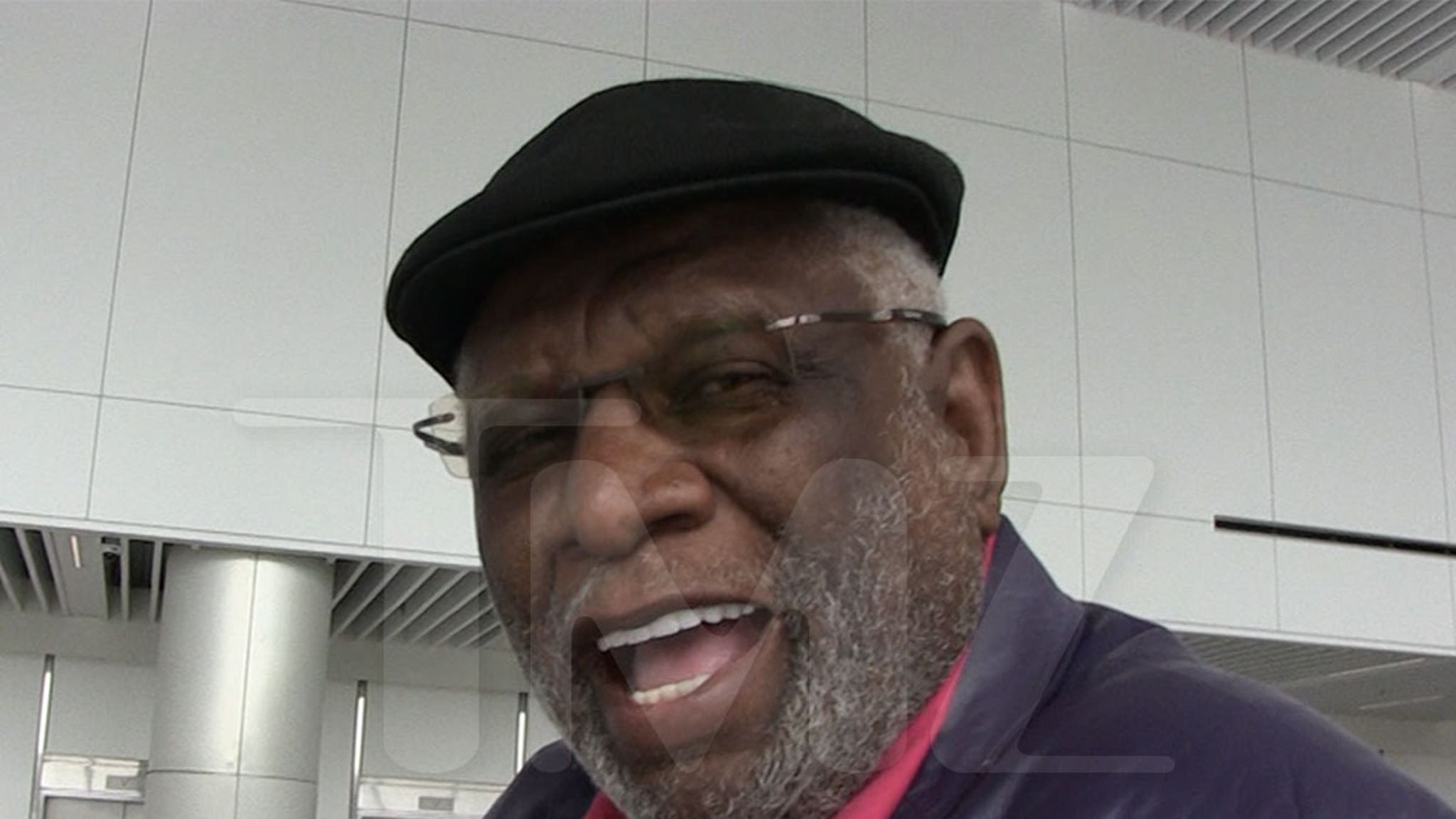

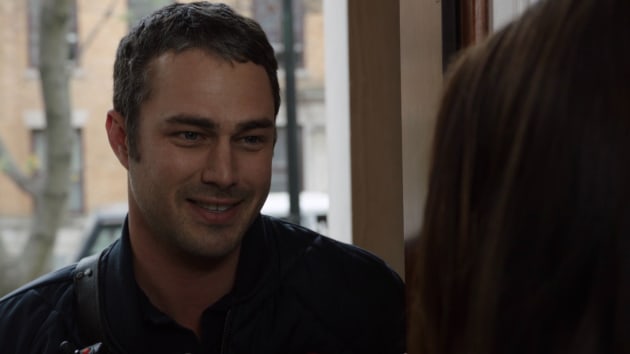

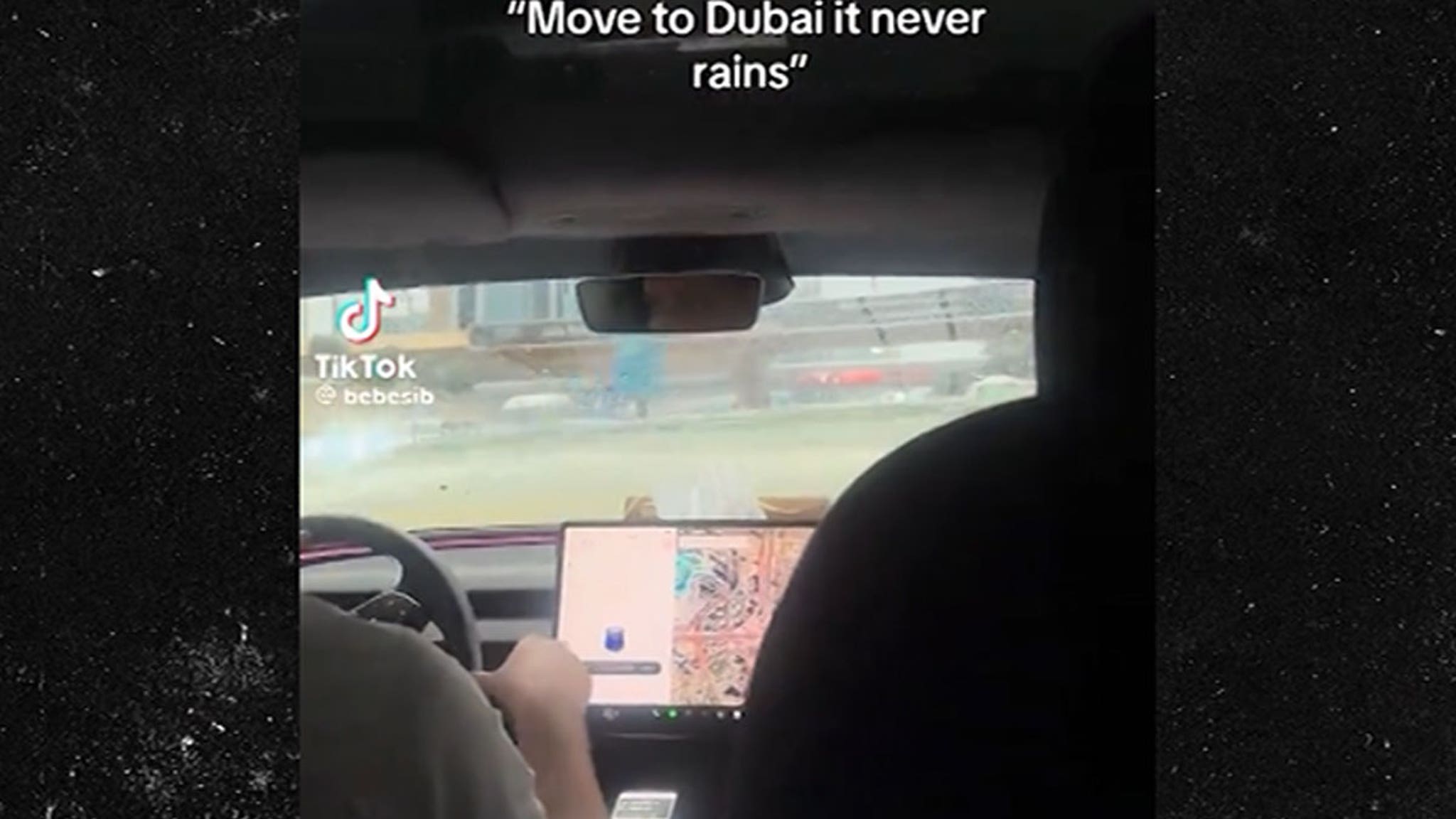
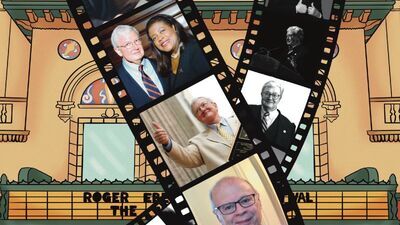
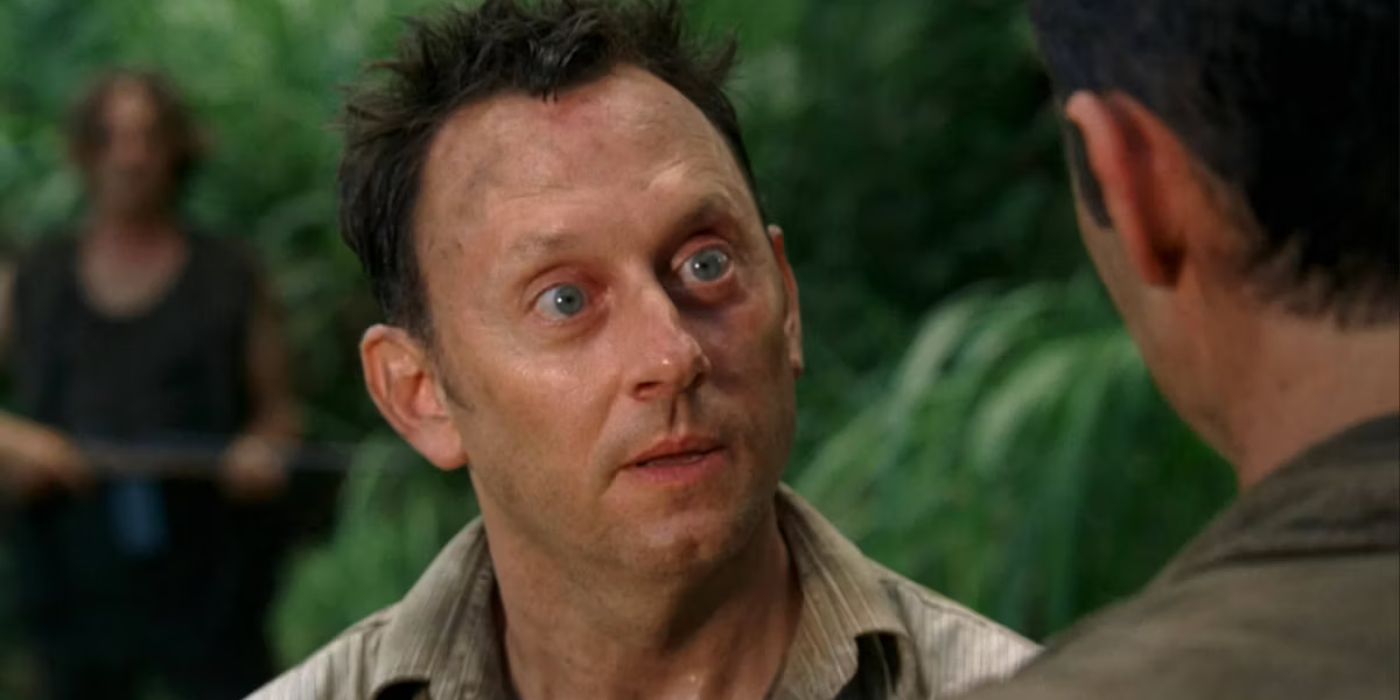


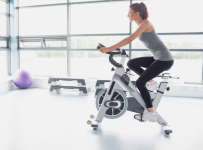


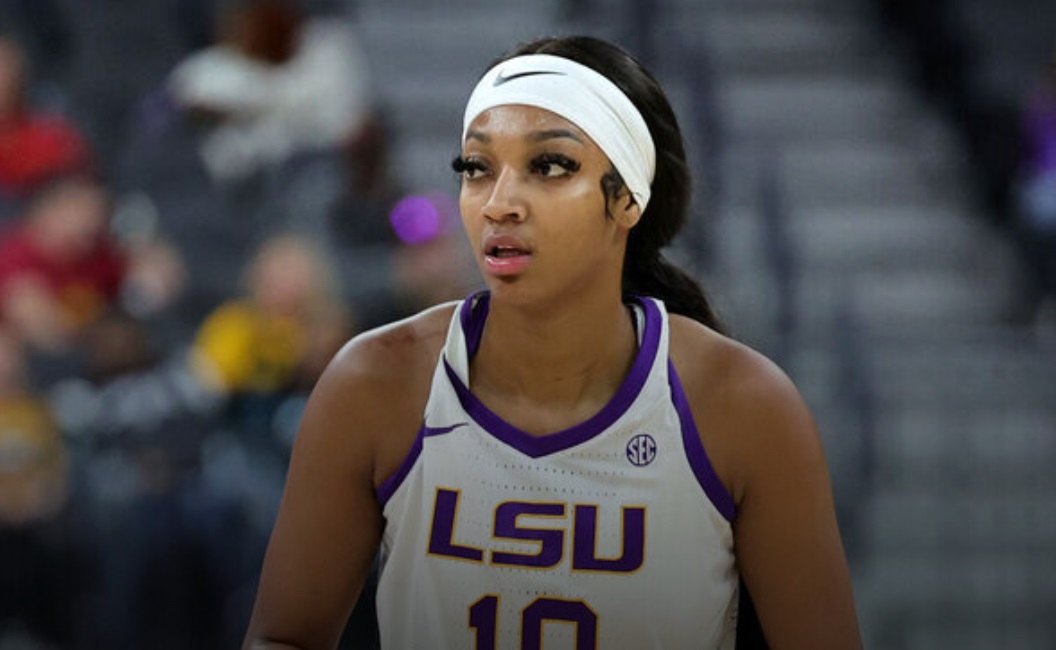
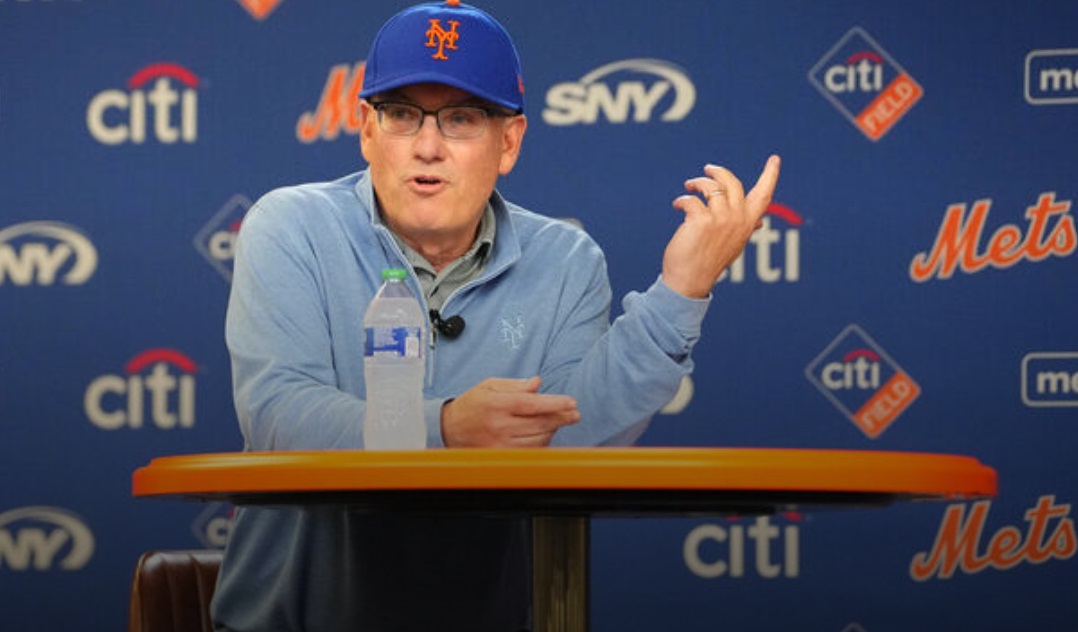



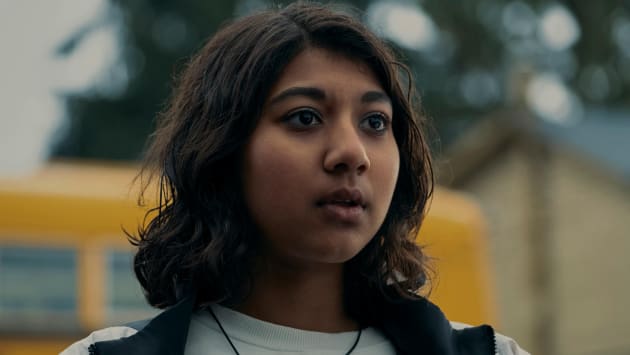
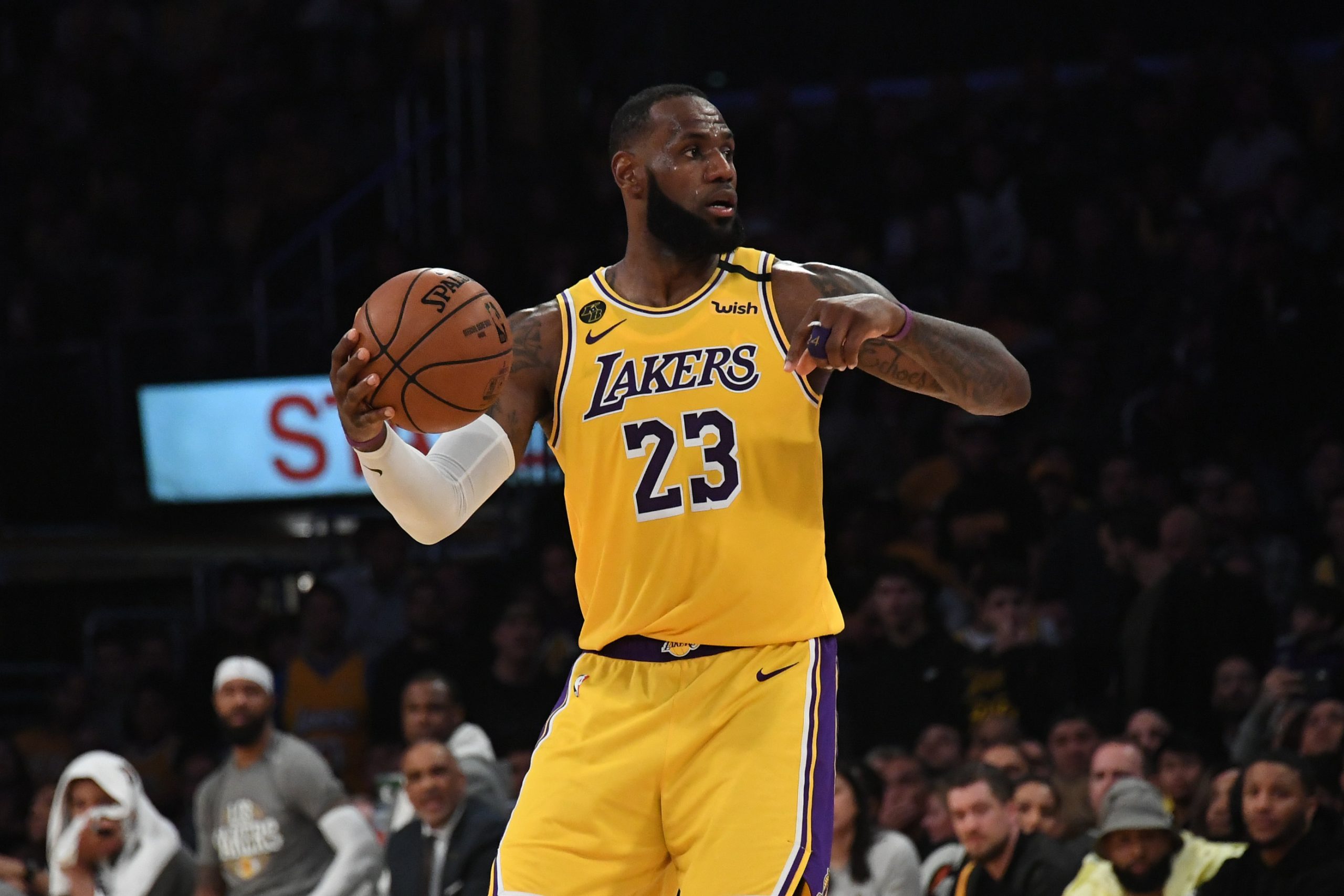
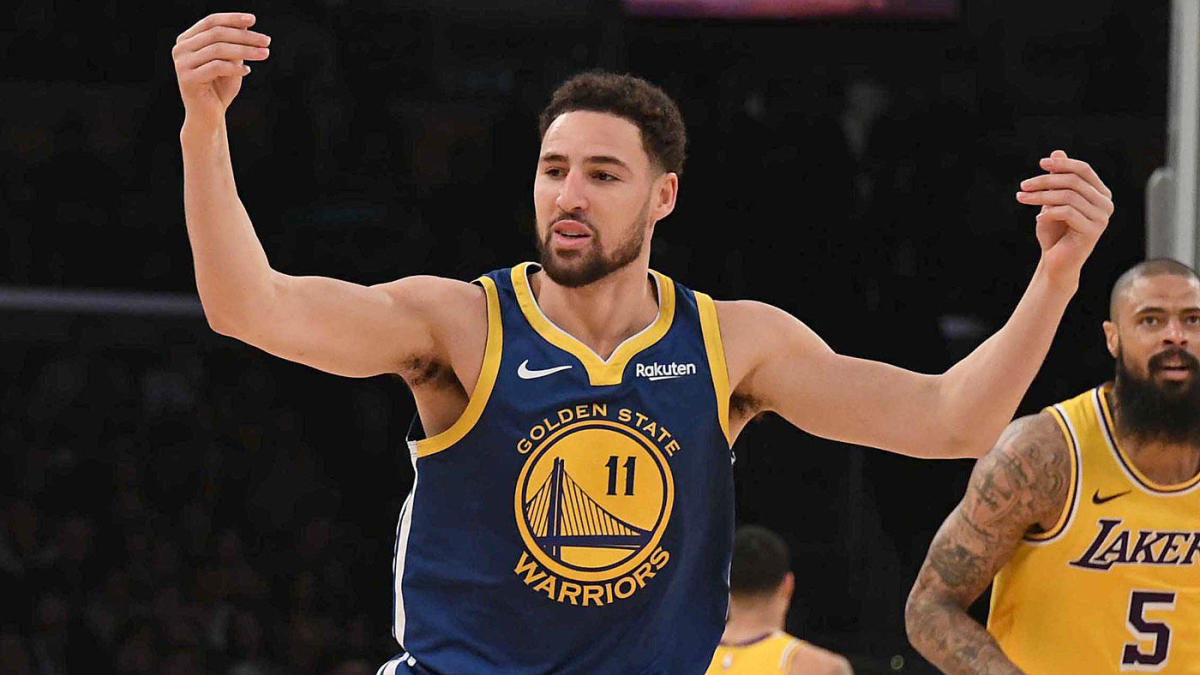
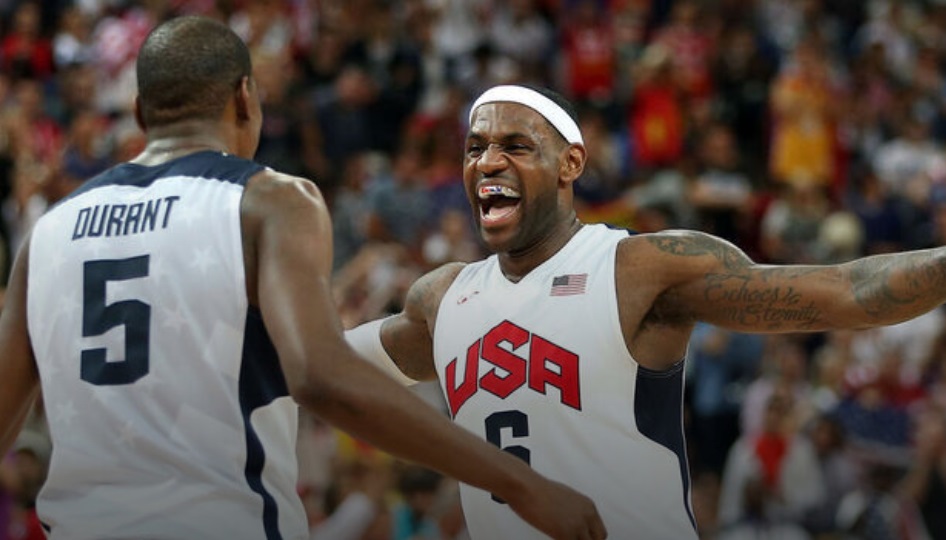
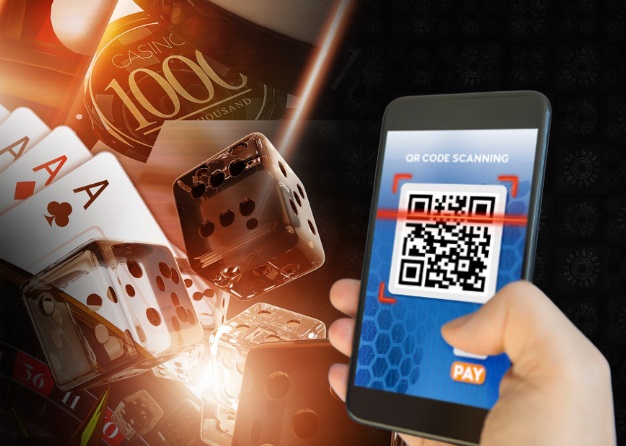
:quality(85):upscale()/2024/04/17/889/n/1922564/11ffcf3266202f3b5d6957.64811882_.jpg)
